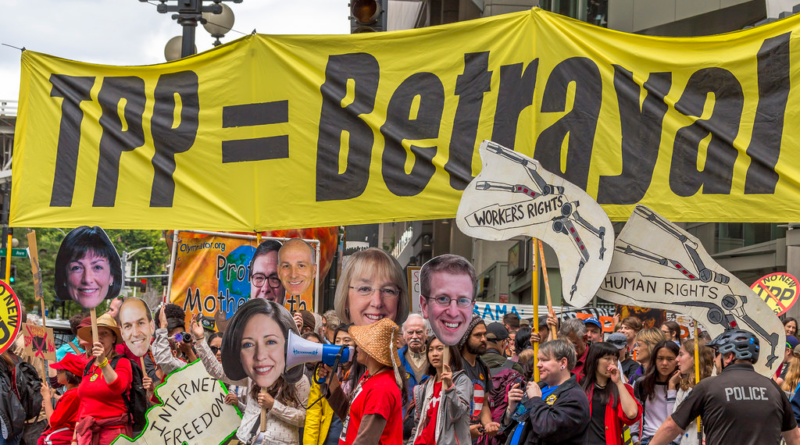The TPP: Proposals and Doubts of a Trade Agreement on the Environment of the Western Hemisphere
By COHA Research Fellow Rafael Perez and ResearchAssociate Pedro Izquierdo
While many people find trade agreements to be a useful tool to promote economic cooperation among countries, some see it as a double-edged sword as it can degrade the environment both directly and indirectly. The environmental effects of international trade between economically rich countries of the Global North and developing countries of the Global South are exacerbated by proposed free trade agreements that limit the South’s sovereignty and promote policies that guarantee the rights of northern firms. Free trade agreements incentivize the relocation of multinational corporations from the Global North to the Global South in order to reduce economic costs and increase profits. With the growth of transnational firms in the developing world, greenhouse gas emissions (GHG) increase in the Global South. Any decisions taken by countries with strong market power will affect not only their environments, but also those of multiple low-income countries with weaker economies.
This analysis is part of COHA’s Publication The Washington Report on the Hemisphere (WRH) – Issue 14, Vol. 36. To access the full version, click here.
The WRH is widely considered to be one of the most respected and reliable publications of its kind. Subscribing to the WRH supports COHA’s mission to promote the expansion of human rights in Latin America, as well as to encourage beneficial U.S. foreign policy towards the region.


